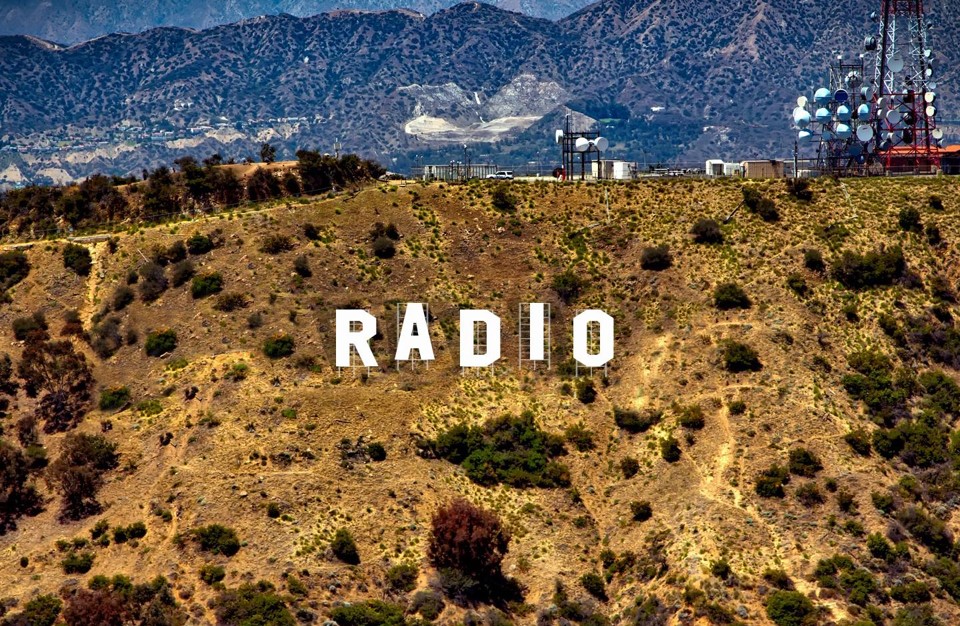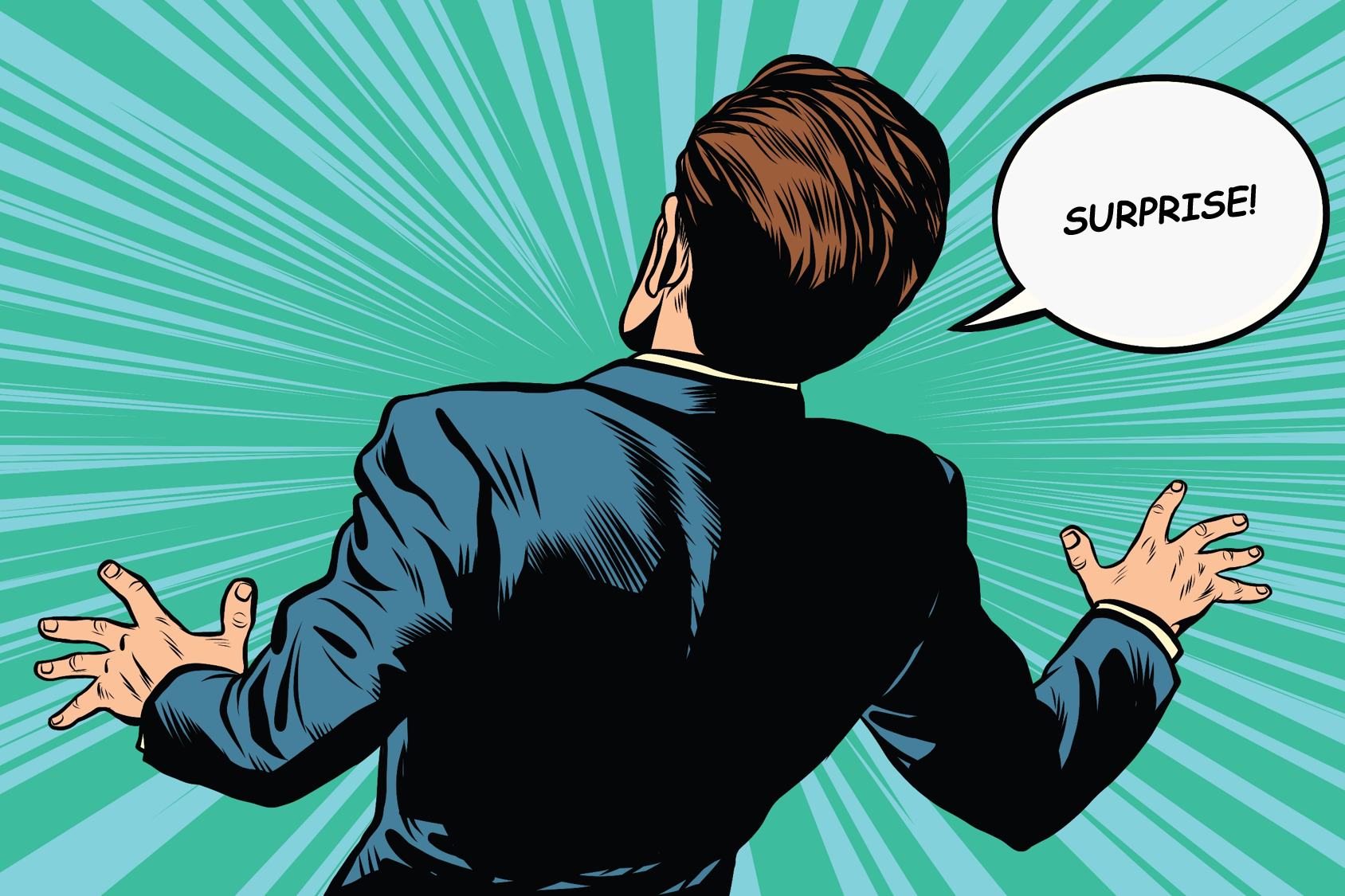
What do you have going this Sunday night?
It wasn’t that many years ago when watching the Oscars awards ceremony was circled on millions of calendars. (Of course, few of us physically draw on paper for days, weeks, and months – our lives are on our smartphones).
It was a communal event. While not on the scope or magnitude of the Super Bowl, it generated much speculation and excitement about who would capture the equivalent of the Lombardi Trophy – those gold statuettes known as the Oscars.
Bowl, it generated much speculation and excitement about who would capture the equivalent of the Lombardi Trophy – those gold statuettes known as the Oscars.
For ABC-TV, Jimmy Kimmel, and perhaps the entire movie industry, there are hopes this Sunday night’s broadcast will continue a modest upturn that began a couple years ago. Still nowhere near the viewing levels of a decade or so ago, there are indicators more of us will tune in to hear the familiar tease “And the Oscar goes to….”
It sure helps to have blockbusters nominated for the biggest awards. In spite of the painful, protracted writers and actors strikes last year, “Oppenheimer” and “Barbie” continue to be pitted against each other, a fascinating marketing phenomenon that began last spring when both mega-hits opened on the same July weekend, usually an occurrence Hollywood always tries to avoid. “Barbenheimer” turned out to be a wildly successful “event,” even though neither studio had much to do with creating it.

And the planets have lined up for movie moguls throughout Hollywood as these two bona fide and very different blockbuster films will be duking it out for Best Picture, better than the drama and emotion that pitted Rocky Balboa vs. Apollo Creed or Donald Trump vs. Joe Biden.
But as we’ve learned in the art of radio programming over the past several years, audiences are seeking something different – not the same formulaic superhero movies or the same tired radio formats, “special” weekends, and mechanical giveaways. Whether it’s in the exhibit halls at CES, the big screens at your neighborhood multiplex, or on the local radio dial where you live and work, it is often about serving up the unexpected, the element of surprise and delight.
weekends, and mechanical giveaways. Whether it’s in the exhibit halls at CES, the big screens at your neighborhood multiplex, or on the local radio dial where you live and work, it is often about serving up the unexpected, the element of surprise and delight.
Of course, that’s more challenging than producing another mindless movie with a number in its title or a lame two-man morning show rehashing today’s prep sheets.
Two new essays that came out within days of each other – one in Forbes and the other in the New York Times provide clues for Hollywood producers – as well as radio managers and programmers – about what it may take to create the next big hit.
In the world of radio, we continue to hear the same scuttlebutt about the industry’s demise – or at best, its lack of influence in the current media environment.
And for every rosy story about radio’s reach and even its news credibility (?), there are red flag counterweights warning of impending company failures and missed goals in commercial radio, and a terrifying red ink epidemic of layoffs in public radio, a side of the radio broadcasting system that once seemed immune to the doom and gloom of downsizing and RIFs.
credibility (?), there are red flag counterweights warning of impending company failures and missed goals in commercial radio, and a terrifying red ink epidemic of layoffs in public radio, a side of the radio broadcasting system that once seemed immune to the doom and gloom of downsizing and RIFs.
In Forbes, the wisdom emanates from Dev Patnaik, CEO of Jump Associates, a strategic firm wisely had its sights set on the future. In “Why Microtribes Are Wrecking Company Growth Plans,” he makes the point that niche audiences are destroying ambitions to produce monster, mass appeal hits.
The ongoing focus on personalization and customization we see on display at CES on the exhibit floor is creating an environment more arduous and daunting for companies to create those coveted blockbusters, whether it’s on the movie screen or the airwaves.
Patnaik points to Taylor Swift as an anomaly, a unicorn, that isn’t likely to happen again anytime soon. As he notes, it used to be that content – a performer, a genre, a movie – would start out very niche, and then make its way to a mainstream, broader audience.
Today, tight, focused genres are more the norm than the exception, making it hard to break out beyond a single community. And Patnaik believes those nasty algorithms that stick us in bubbles of like-minded people will keep those walls up.
This environment makes innovation difficult, if not impossible. But Patnaik points to two big themes Jacobs Media continues to see in our strategic work with various media brands.
1. Scale down those expectations – Rather than looking for that grand slam home-run idea, think in terms of smaller, less-ambitious-but-still-profitable concepts that serve and satisfy microtribes rather than the masses.

2. Understand your “why” – What makes your brand different? Build from there with innovation. But as Patnaik points out – and I’m in agreement with him – “a surprising number of companies don’t know what truly sets them apart – the unique reasons why their people show up for work every day and why customers keep buying from them – or in the case of radio, listening to them.”
This second condition requires conducting audience research, of course. But it also compels executives to stop talking to each other, and instead, listen to both their staffs and customers – and innovate from there.
And then there’s Mark Harris, a cultural historian and author who wrote “How Bad Can It Get For Hollywood?” for the New York Times. Harris says last year’s six month long work stoppage set up the movie industry for more bad and bloody years to come.
But it’s this paragraph that gave Chris Brunt chills when he read it, and plugged in “radio” every time he read “movie” or “Hollywood” in Harris’ essay. And in it, he points to a ray of optimism for the movie industry, which I will gladly extend to America’s tired, embattled radio broadcasting machine.
And I’ve deleted Harris’ references to the movie biz and replaced them with the appropriate radio terms.
“If ‘Hollywood’ ‘Radio’ were a big summer movie, we’d be right at the end of Act II, at the always-darkest-before-the-dawn moment in the story when all seems lost. Or, as one agent put it to me, ‘A lot of us feel like we’re working in the aftermath of an industry, not in an industry.’
“But as any fan of Hollywood screenplays radio history knows, this is also when the beaten-down heroes look at the redrawn battlefield, assess the new, heightened stakes, regroup and eventually triumph.
“The movie radio business, since at least the 1940s 1950s, has always defined itself by perceived threats to its survival – the charges of Communist influence, the advent of television and the launch of MTV, and the rise of the VCR, cable or streaming, satellite radio, or podcasts – and it has always found a way to rebound.”
These analogies hold up well. And it shouldn’t be lost on any of us that just as the Academy Awards celebrate their 96th birthday this Sunday night, the radio business is just a handful of years its senior. They have those golden Oscars, we have those glass Marconis.
Both media industries are a bit bloodied, but still standing – yet another reason why they line up so well here at the media inflection point where we’re at right now How will it all shake out for the movie and radio industries on the road ahead? We’ll just have to wait for Acts III and IV to find out. How’s that for drama?
 But what does success – in the case of both the movie business and the radio broadcasting industry, survival – look like, and how can it be achieved?
But what does success – in the case of both the movie business and the radio broadcasting industry, survival – look like, and how can it be achieved?
Harris says it will require an innovative, entrepreneurial spirit on behalf of a beleaguered Hollywood – ditto for American radio broadcasters.
So, here’s one last paragraph where strike-throughs and italics analogize both the movie and radio industries:
“A reset, however, requires creative energy and imagination, and that’s a part of the movie radio industry that legacy studios broadcasting companies have spent much of the modern era trying to eliminate. Studios Radio companies have moved into an age of brand stewardship and out of the business of generating ideas and developing scripts new formats and innovations. They’ve redefined their business as curation rather than discovery. That has to change, too.”
As we’ve become students of CES and the truism that lessons for radio can be gleaned from the experiences – big successes as well as epic fails – of non-radio companies, brands, and industries, we just might learn a thing or two from our friends in cinema.
So, who will be the big winners Sunday night…and throughout 2024?
The envelope please…
- Why Radio PDs Are A Lot Like NBA Coaches - May 8, 2025
- Memo To Radio: We Have Met The Enemy And It Is… - May 7, 2025
- The Guy In The Next Car - May 6, 2025




Sound, Speakers, Content! Hooray for Broadcasting!
The biggest change in radio in the last 40 years has been the continual path toward “safe” content. Don’t do, say, or play anything that might offend someone. Programmers spend a lot more time trying not to lose listeners than they do trying to gain them. We’re awash is “safe” and “tested” playlists that endlessly repeat the same music targeted at a relatively narrow audience unless there’s a special program or weekend. If you want to use the Taylor Swift analogy, the cute little country artist went bigger, much bigger, losing some of her country audience but gaining a much larger audience by expanding her musical horizons. And, she’s had a genius marketing team and great financial advice. If only radio as an industry could say the same.
The key word here is “genius marketing team”. Where are the radio marketing geniuses?
They’re driving the van to their own remote while prepping their afternoon show before tracking their shift so they can make the 3 o’clock sales call with a potential new client.
But as long as the Director of Programming a thousand miles away who knows zero about your format is sitting pretty with his mid six figure salary is good, no need to worry.
For that matter, where are the radio listeners?
Spot on, Fred and thanks for your participation in CRS!!!
Seems to me that radio, as any of us who made a good living out of it, is pretty much extinct. I asked a group lately, how many had radios in their homes. Very few. As a music DJ/personality, I have no place to pedal my wares. Playing music on a podcast is extremely limited. And, besides, being on the radio was all about being on “live,” with people actually listening to you as you spoke. It was voodoo. And I miss it. I know, I know. Life is all about change, and the change in radio is that no one listens to it anymore. Ah, well. I sure was fun while it lasted.
Terry, I emppathize with your frustration and disappointment. But I would push back on the “no one listens” argument. In reality, a lot of people still listen. But gone are the days when everyone listened, all the timeand it was just radio and the 8-track player (or cassette deck). It is about change, and as you note, not always easy to swwallow. Thanks for this.